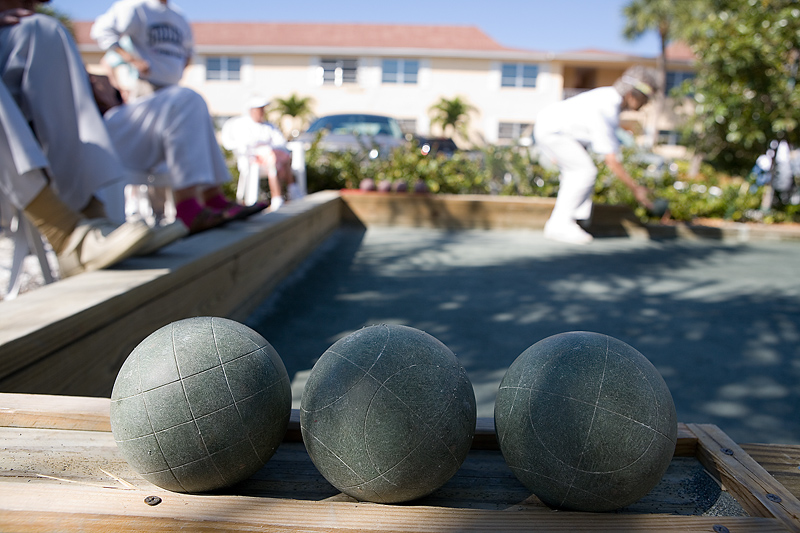
WEDNESDAY, March 13 (HealthDay News) — People who gain fame and fortune may garner extra status, but it may not help them live longer, new research says.
Researchers at Columbia University’s Mailman School of Public Health tracked the life spans of actors who won or lost out on television’s Emmy awards, athletes who did or did not gain entry into the Baseball Hall of Fame, and former Presidents and Vice Presidents of the United States and their vanquished opponents.
The research team found no clear indication that winning any of these prizes or positions conferred a longevity advantage.
When it came to presidents, for example, the trend went the other way. Elected presidents and vice presidents actually lost, on average, 5.3 years from their lives, compared to their political rivals. Even after taking the added hazard of assassination into account, being elected to high office meant a shortening life span on average.
On the other hand, winning an Emmy was tied to longer life for actors, the Columbia team found. These actors lived 2.7 years longer than nominated actors who lost. But the same didn’t hold true for Emmy award-winning screenwriters, who had a life span that was three years shorter than writers who lost out on the statuette.
Finally, Baseball Hall of Famers had no life span advantage over nominated players who weren’t inducted.
The research suggests than any “bump” from gaining high social status and health may be more to do with access to resources, such as better education and wealth, than simply membership in an elite group, the researchers said.
So the glow of high social status — what experts call “relative deprivation” — may not bring a big health advantage on its own.
“Relative deprivation likely plays some role in health inequalities, but it is not as important as the life circumstances and opportunities that result from one’s socioeconomic position,” study leader Bruce Link, a professor of epidemiology and sociomedical sciences at the Mailman School, said in a university news release.
“The relative deprivation theory would predict that losers would consistently be at a disadvantage for health and longevity compared to winners, but this is not what we see [in this study],” he added.
It may be that the opportunities that come with winning are more important for health than any bump up in relative status, the researchers said. So, winning an Emmy while young may open doors and provide a career boost for actors, helping their health along the way. On the other hand, athletes are inducted into the Hall of Fame after their careers are over, so the win may not confer the same benefit.
The study’s authors pointed out that winning can also bring stress, which will have an effect on health. This is particularly true for presidents and vice presidents, who not only face possible assassination attempts, but also face extreme stress from two of the most demanding positions in the world. The researchers noted that the 15 U.S. presidents during the 20th century who died by 2008 lived an average of 1.9 years less than the average American man of the same age.
The study was published online in the American Sociological Review.
More information
The U.S. National Institutes of Health provides more information on health disparities.

